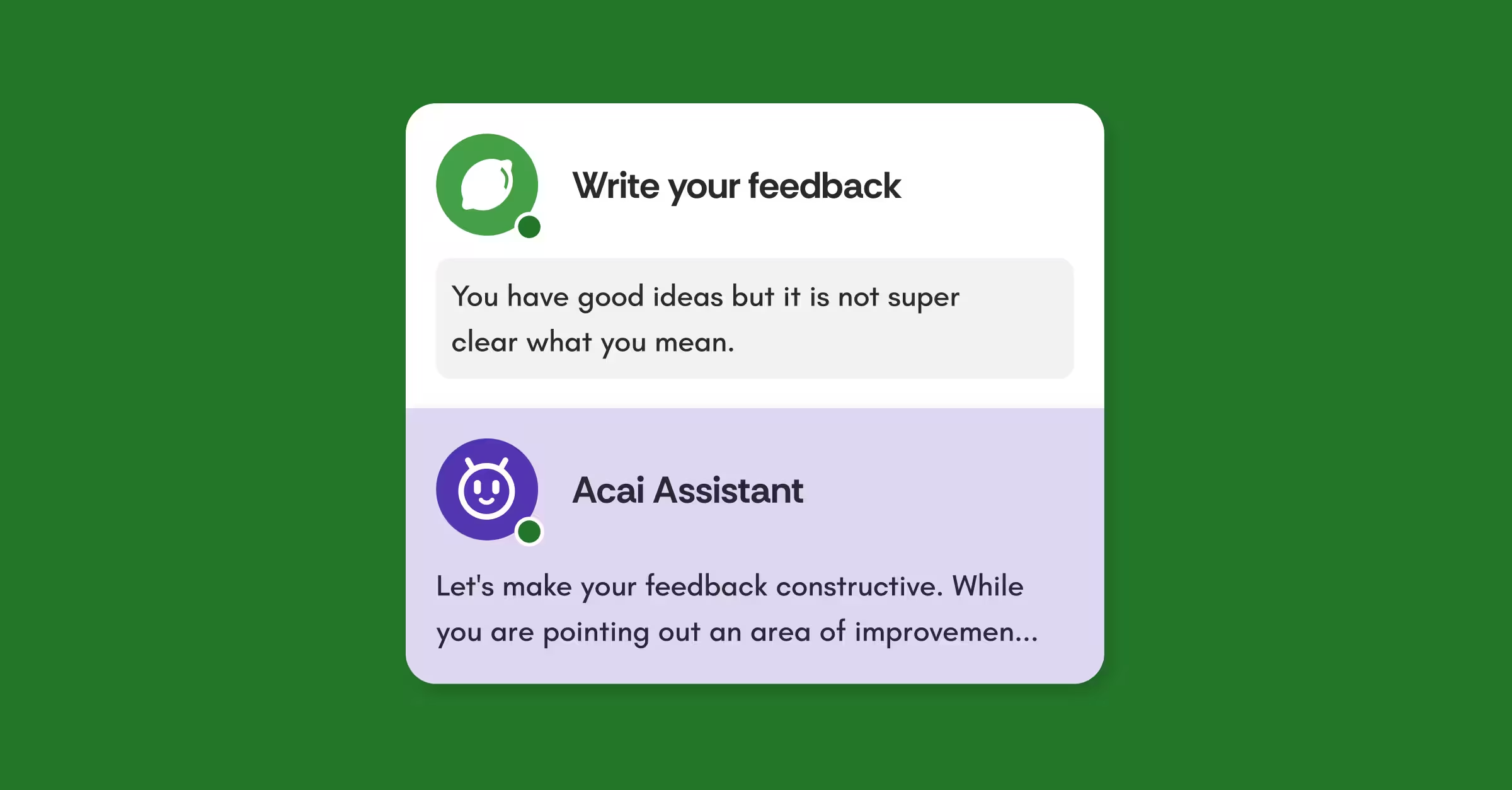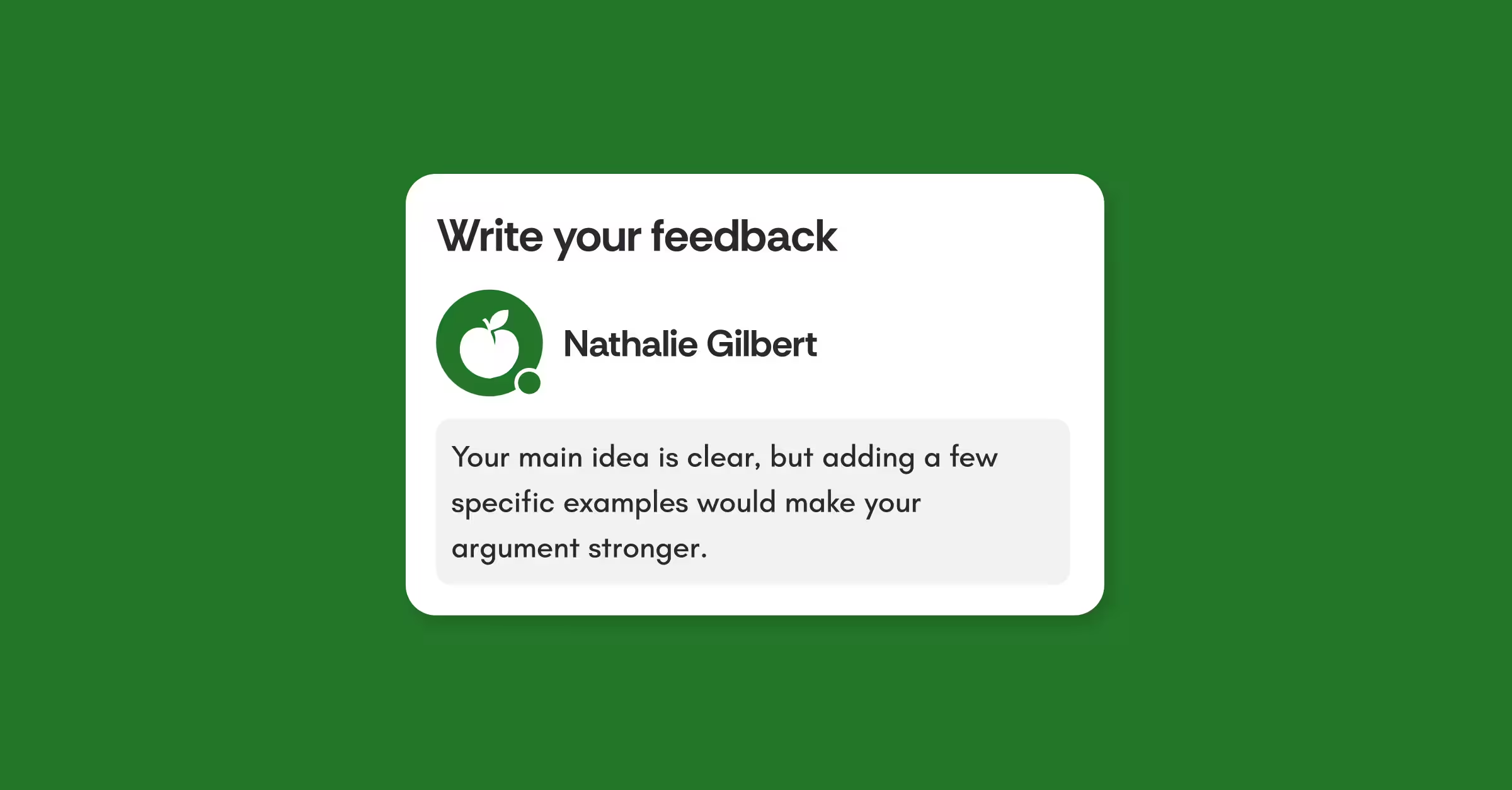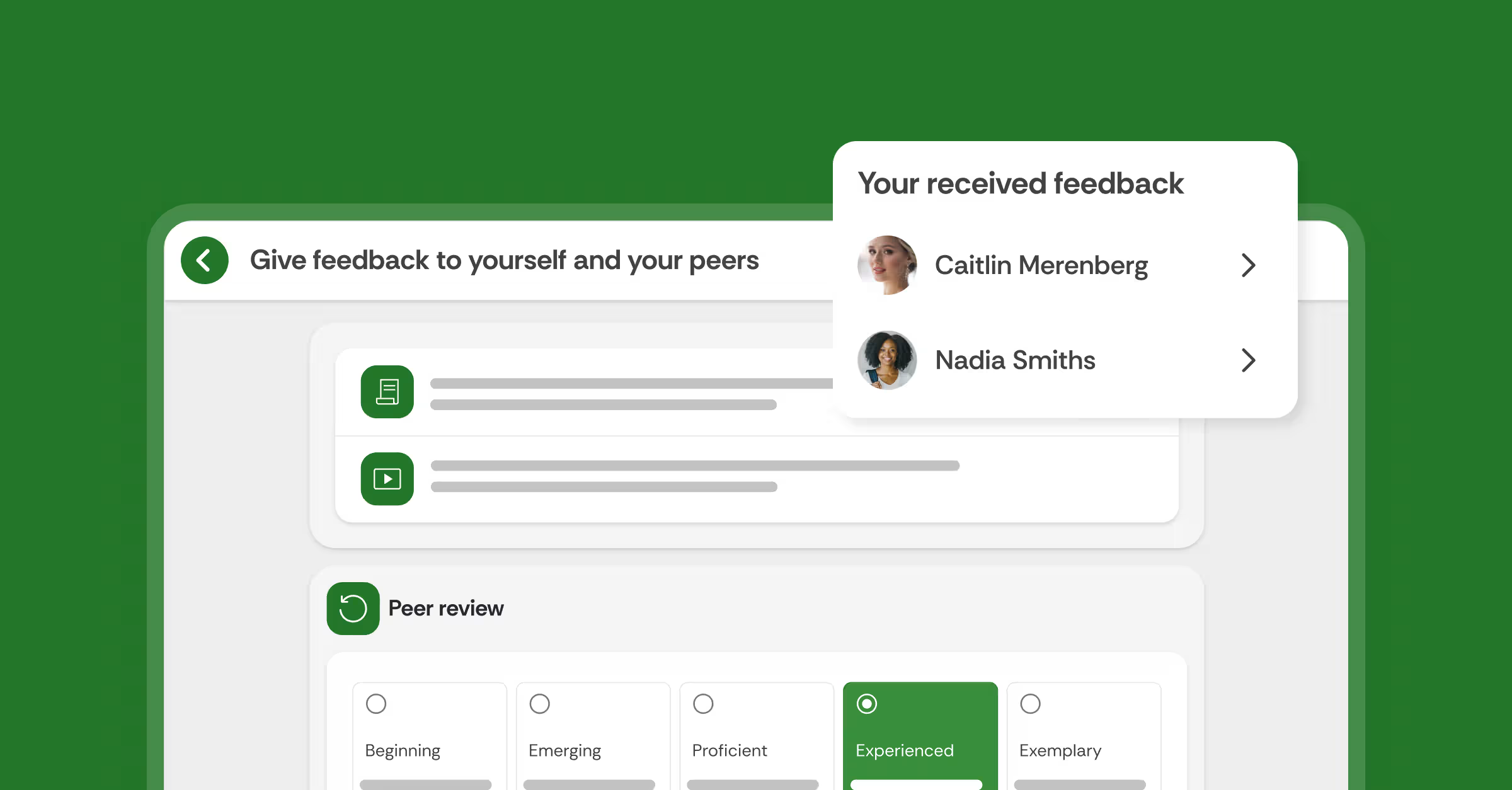Create effective surveys for better group selection: Example questions
Using student surveys is an effective way to help form diverse, inclusive groups that can elevate collaborative learning experiences and outcomes. In this article, we will share example survey questions to help instructors design effective questionnaires that generate in-depth information on students’ backgrounds and group work preferences.

Design effective surveys with example questions
To help create inclusive and well-balanced groups that motivate students to collaborate and learn from each other, instructors can rely on the Survey method with the aid of pedagogical technology (e.g. FeedbackFruits Group Formation).
When crafting the surveys, instructors should decide on the parameters that decide the group selection. They can be student availability, preferences for communication and work environment, skill sets, and learning goals. Deciding on these helps with forming the survey questions and the later group allocation step. Below you can find example questions divided by parameters, their answers, as well as the setting suggestions in Group Formation as inspiration for the survey creation.

Availability and deadlines
- Question: What days of the week are you most available for group meetings?
- Setting: group similarly, multiple answers can be selected
- Answer: days of the week
- Question: Do you prefer morning, afternoon, or evening meetings?
- Setting: group similarly, multiple answers can be selected
- Answer: times of the day or timeframes
- Question: Which of these statements describes better your approach to deadlines?
- Setting: group similarly
- Answer: some text
- I thrive working under pressure, and I’m comfortable working until the last minute before the deadline
- I like working ahead of time, early preparation and delivery is important to me
- I like working with enough time until the deadline so we can review before submitting, but not necessarily too early in advance
Communication and Working Environment
- Question: Do you prefer asynchronous communication or real-time interactions?
- Setting: group similarly
- Answer: some text
- asynchronous communication
- real-time interactions
- Question: What communication channels do you prefer for group discussions?
- Setting: group similarly, multiple answers can be selected
- Answer: some text
- Chat
- video conferencing
- Question: What are your preferences regarding where group meetings should take place?
- Setting: group similarly, multiple answers can be selected
- Answer: some text
- Online
- In-person
- hybrid
- Question: Are there any specific environments that help you focus and be productive during group work?
- Setting: group similarly, multiple answers can be selected
- Answer:some text
- Library
- Home
- Café
- co-working space
Skills and Collaboration
- Question: What skills and strengths would you bring to your team?
- Setting: group dissimilarly, multiple answers can be selected
- Answer: some text
- Efficiency
- structured planning
- detailed note-taking
- Data-oriented
- writing skills
- presentation skills
- keen eye for visuals and design
- positive attitude
- Question: What role do you typically take on in group projects?
- Setting: group dissimilarly, multiple answers can be selected
- Answer: some text
- Leader
- Mediator
- idea generator
- Executor
- Researcher
- data analyst
- Question: How do you prefer to divide the workload in a group project?
- Setting: group similarly, multiple answers can be selected
- Answer:some text
- By task type: Each team member has a task, such as research, writing, analyzing data, creating visuals, presentation tasks…
- By project section: Each team member has a part of the project, such as Introduction, Methods, Results, Discussion, Conclusion…
- By interest: Let team members choose topics or roles they're passionate about.
- By department: Each team member handles tasks related to their field or study (e.g., science, humanities).
- Hybrid approach: Use a combination of the above based on project needs and dynamics. If necessary, rotate roles and responsibilities.
Learning Goals and Expectations
- Question: What are your goals for this project/course?
- Setting: group similarly, multiple answers can be selected
- Answer: some text
- obtaining honors/special mention
- obtaining an A
- obtaining a B
- just passing the course
- Question: What do you hope to gain from collaborating with your teammates?
- Setting: group similarly, multiple answers can be selected
- Answer: some text
- learn skills from my peers
- learn about the subject
- Network
- have a good time
- just passing the project/course
Do you want to elevate your group projects? Check out Group Formation or connect with one of our colleagues and let us help you.
















![[New] Competency-Based Assessment](https://no-cache.hubspot.com/cta/default/3782716/interactive-146849337207.png)










